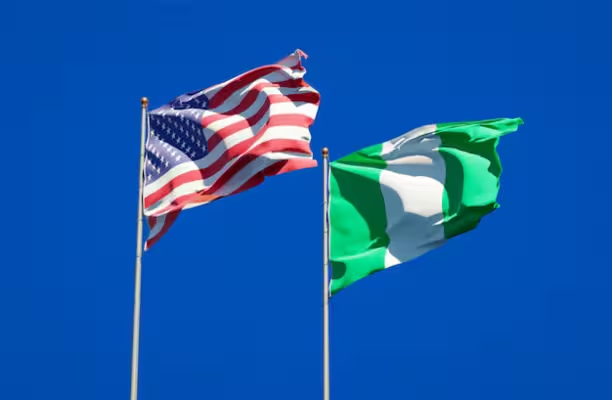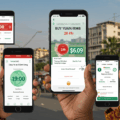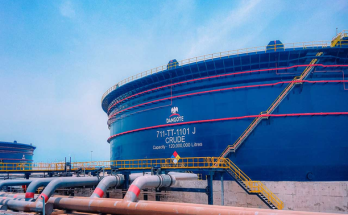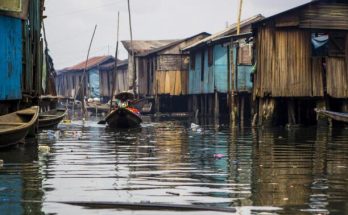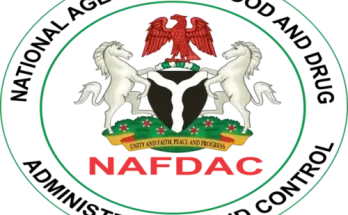By: Chiagoziem Abosi
Edited by Sunkanmi Adewunmi
Nigeria is facing a tense moment on the global stage. The Congressional‑Executive Commission on China (CPC) unit in the United States is moving to blacklist 12 Nigerian governors and other high-ranking officials. The reason? Allegations they are involved in persecuting Christians and other religious minorities.
If the bill passes, the targeted officials could face visa bans, asset freezes and other sanctions from the U.S. government.
What the Bill Says
Under the proposed legislation often called the Nigeria Religious Freedom and Accountability Act of 2025 Nigeria would be labelled a “Country of Particular Concern” (CPC) for religious persecution.
Governors and officials accused of supporting or ignoring violent acts against religious minorities would see direct punishment under U.S. law via the Global Magnitsky Human Rights Accountability framework.
Why This Matters for Lagos and Ikeja
- Image and investment: Lagos relies on foreign investment and global image. Sanctions on Nigerian officials may affect how businesses view Nigeria.
- Trade & mobility: Visa bans can affect high-level visits and partnerships which sometimes benefit Lagos.
- Public concern: Lagosians in Ikeja already feel disconnected from decisions made far away they may ask whether such international pressure impacts their daily lives.
Official Response & Challenges
The Nigerian government has not yet issued a detailed response to the proposed sanctions. Analysts say the country will have to show transparent action on human rights if it wants to avoid reputational damage.
But some experts warn that the focus on northern states and religious issues may deepen regional divides.
What Happens Next?
If approved:
- The U.S. Secretary of State will publish a list of Nigerian officials linked to the alleged abuses.
- Sanctions would follow, shining a global spotlight on Nigeria’s human rights record.
If not approved, the issue may lie dormant — but with reputational damage already done.
Why It Should Matter to You in Ikeja
Even if you don’t follow politics closely, the ripple effect could reach you. A tainted national image can affect inflation, investment, job creation and how Nigeria is perceived globally. What happens in Abuja can influence the market in Ikeja.
Call to Action:
What do you think? Do you trust Nigerian officials to handle these issues well? Or do you believe international pressure is needed to change things? Drop your thoughts in the comments and let’s talk.

